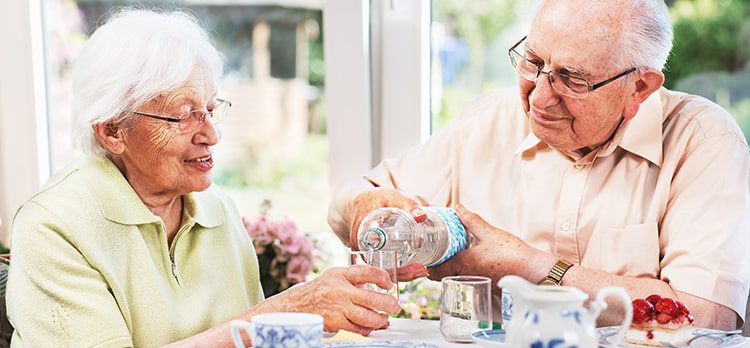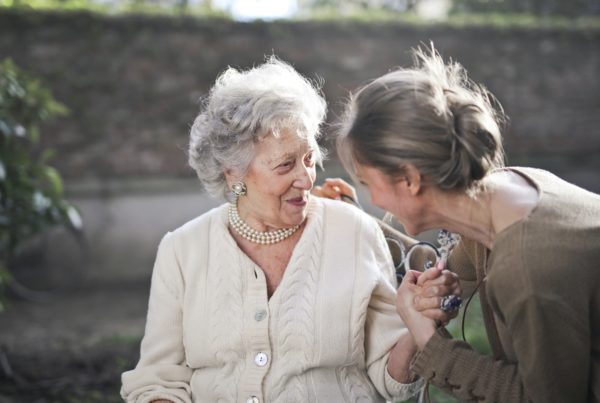Finding out how to help elderly relatives keep their independence can be key to their well-being
Independence is an important part of our lives and as we get older, we can feel as though we are getting less independent. How to help elderly relatives keep their independence becomes an important part of their well-being.
Why is independence important?
Independence means we are able to do things for ourselves, being in control of our own life, and being able to make choices and decisions about what we do and how we live. Without this autonomy, we begin to feel like we are of no use. Being reliant upon others, or feeling like we have no choices can become detrimental to our sense of well-being.
As we become older, often our ability to do things for ourselves change too. Your older relative, if not able to get out and about as much, has lost the choice to be able to pop to the shops for example.
How to help your elderly relative feel more independent
One of the things that is tempting to do when we see an elderly person, is to do things for them. A less mobile older relative for example may be observed exerting themselves to get out of a chair to make a cup of tea, it’s tempting to tell them not to worry, and go to make the cup of tea for them. Although this may be appreciated once in a while, if it is occurring regularly, then you are stopping the person from using their independence. And in this case, also a bit of movement and exercise.
When you are doing things for an older relative all of the time, you are offering them no choice. This can result in some conflict where your relative is getting annoyed, and you feel hurt as you are simply trying to help.
To help, you can be inclusive, and offer to help while providing options; the person doing the task themselves, you doing it, or working with each other and doing it together. This approach offers value to your relative as it’s promoting their ability to choose, be involved, or be entirely independent.
Practical ways of helping your relative remain independent
There are solutions that can help retain levels of independence, perhaps not the same as their previous levels but they also offer some different ways to keep independence.
Getting out and about
Going to coffee mornings, church, a garden centre, shops, or whatever place of their choice can help the person to feel they have more choice in how they spend their day. It’s nice to be able to offer to take your relative out, however for many families who live at a distance, this isn’t practical. You can ask a home care provider to do this as the Care Assistant will also accompany your relative to ensure they are safely looked after during the whole outing.
Using the internet
The internet can help them to keep their independence by providing the ability to do shopping and have it delivered to the door, as well as being able to keep up with friends and family who are at a distance.
Adapting the home
There are some home adaptations that can be made to help retain independence, such as grab rails in appropriate places. You can also alter the bathroom so that it is easier to use as well as feeling safer. This will enable your relative to move around the home more easily. There are also ways you can help make the home safer, like removing trip hazards.
Keeping routines
Your elderly relative may have a routine that they like to keep to. It might be that they like to do gardening on a Tuesday, and visit a friend on a Thursday and so on. If these things become difficult to do, then it can be possible to get help for them to continue doing them.
Retaining a social life
Socialising is a way that your older relative can retain a sense of well-being as well as independence. Often an older person can stop being as social as they were and this can lead to loneliness. You can help by finding out why they have stopped and encourage them to be more social.
Finally
By opening up conversations with your relative on how they are doing, and listening to them, you will know when you can ask if they would like help.
It’s important that your elderly relative feels they have choice and control in their life. Ensure that you are listening to them, and understanding their needs.




